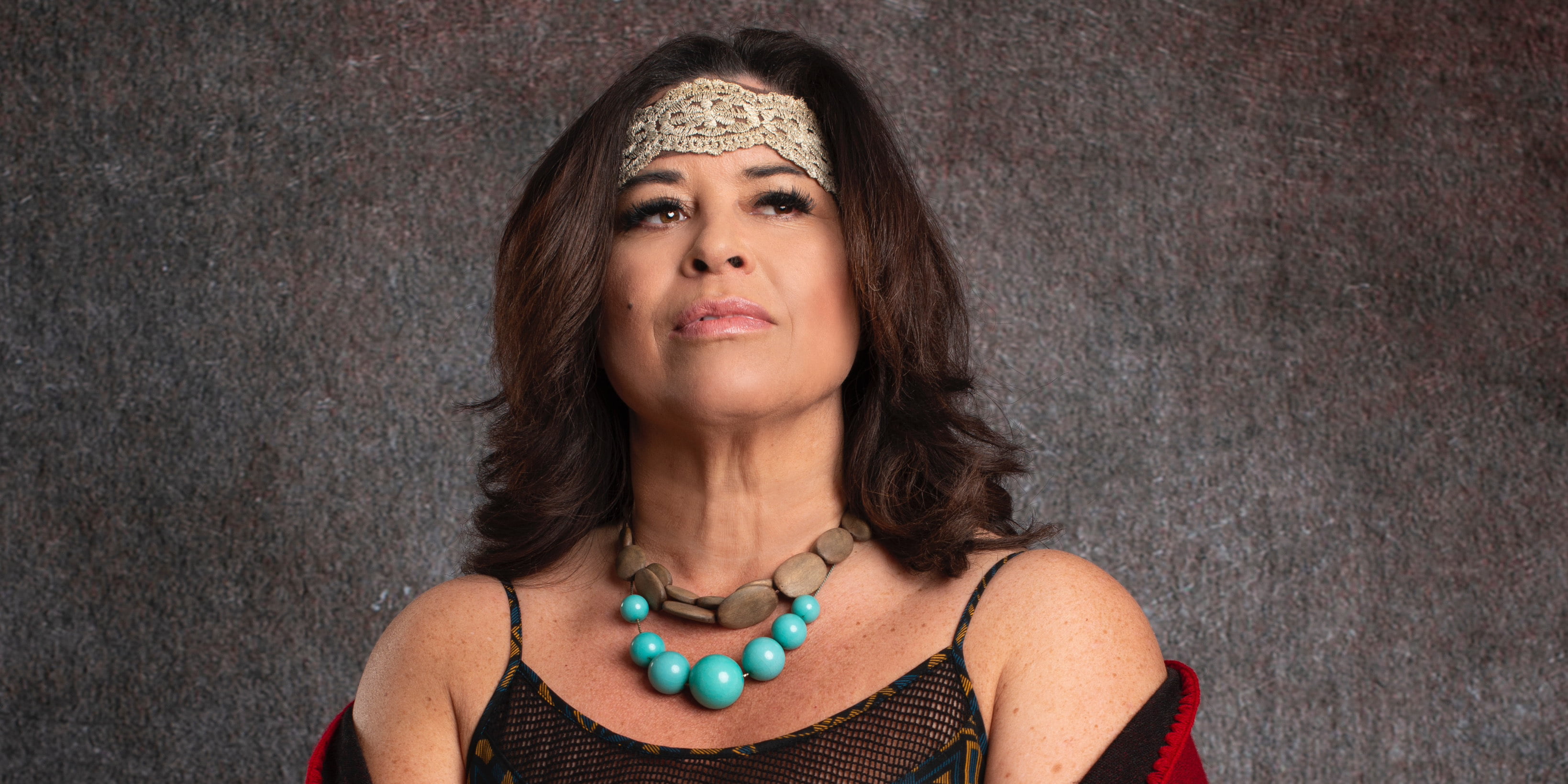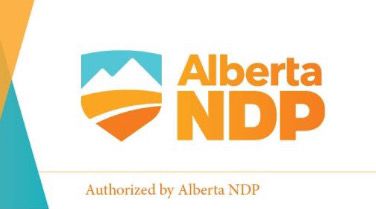
Missing and Murdered: Perspective | Jacqueline Biollo, MBA, ICD.D
Historically under-reported, the RCMP estimate there are currently over 1,200 cases of murdered or missing Indigenous women. As of the 2021 census, Indigenous Peoples total 5.0% of the national population. There were 788 homicides reported in Canada that year. The total number of Indigenous Peoples was not specified. As reported by an independent review, over 70,000 Canadian adults and children disappeared in 2018.
Missing is defined as someone whose whereabouts are unknown, whatever the circumstances of their disappearance. Missing can also mean missing out of or on something. Modern-day slang has tagged this as FoMO or the ‘Fear of Missing Out.’ Canada has missed an opportunity to support murdered or missing Indigenous women and girls to thrive and survive in realizing their potential. Indigenous women have been socially, economically, and politically marginalized, trying to survive and thrive under underlying factors such as poverty, homelessness, racism, sexism, lack of education, and unemployment. These, and other factors such as addictions and mental health concerns, have made Indigenous women and girls targets for hatred and violence.
Recently, I’ve had an opportunity to consider the impact that moving forward on the pathways to justice for missing and murdered Indigenous women and girls might have in Canada. An impact that includes advocating for the end of violence against Indigenous Peoples and drawing attention to the need for more culturally-grounded grief and trauma supports. Moving forward means addressing the interrelated systemic inequities, empowering Indigenous Peoples to use their voice and their experiences to guide Canadians in working towards a response and initiatives that are lasting, impactful, and accountable.
Canadians should be honoured to acknowledge the land we are on today and the ancestors who lived here. Historically known as ‘Indigenous Guardians’, many of whom were removed from the land, and many still who continue to struggle with the trauma from days gone by continue to serve as the eyes and ears of traditional lands and waters, manage protected areas, restore animals and plants, test water quality, and monitor development. Canadians can share this space, learn with and from Indigenous Peoples about their culture, and work collaboratively towards a better future for all.
We may not accept the pathway others choose to follow to foster a respectful environment in a community that has been underrepresented for a long time in history. Still, circumstances beseech us to consider the purpose of understanding the relationship with Indigenous Peoples, increasing our knowledge, building or managing the opportunities for equity, diversity, and inclusion, and reflecting on the path that embodies the values of honour, trust, honesty, and humility.
‘Say their Names’ is a phrase coined to bring attention to the victims of systemic racism and racial injustice. Say their name to raise awareness and honour loved ones taken too soon.
________
Jacqueline Biollo is of Ojibwe ancestry. She works with Indigenous communities and leadership to foster and maintain relationships between governments, organizations, and Indigenous communities.
Photo by Lane Jensen



